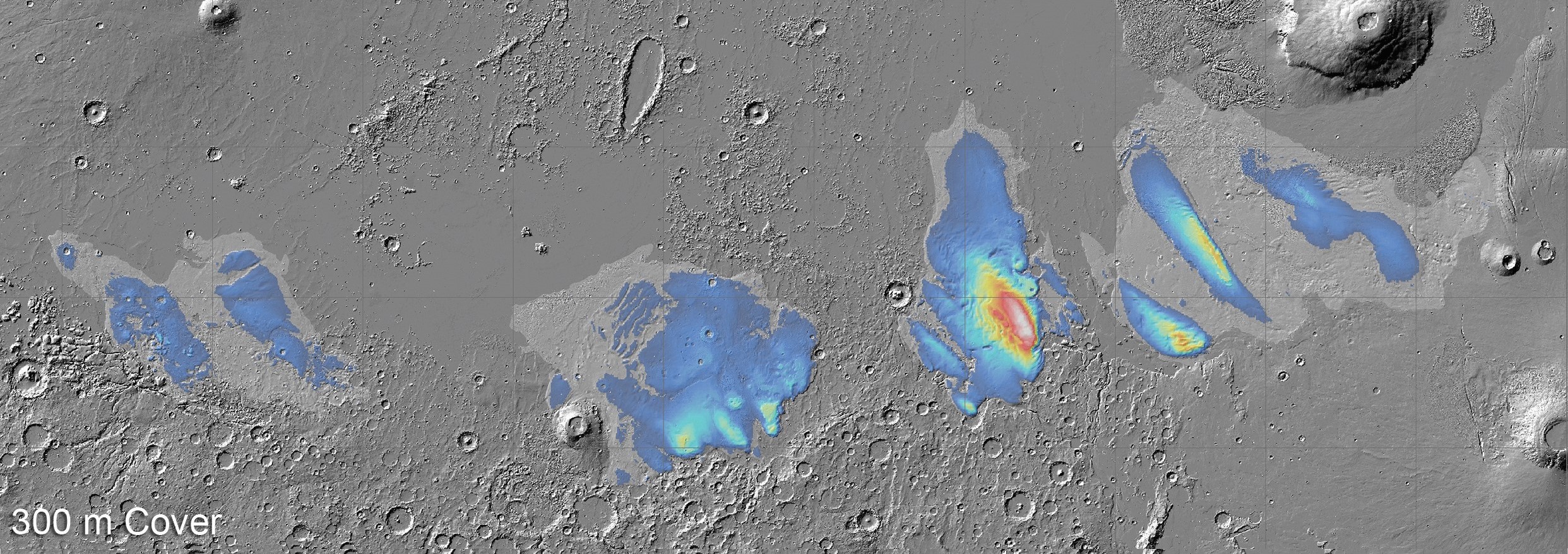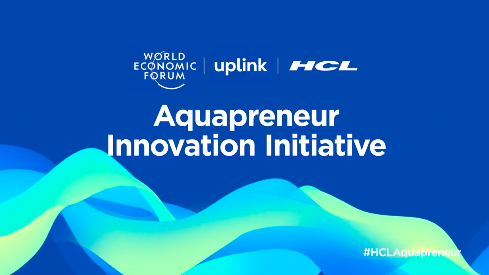European Space Agency’s Mars Express Uncovers Extensive Water Ice Deposits beneath Mars’s Equator, Signaling a Paradigm Shift in Martian Exploration
Bengaluru, NFAPost: The European Space Agency’s Mars Express has reshaped our understanding of the Red Planet by uncovering layers of water ice beneath Mars’s equator within the Medusae Fossae Formation (MFF). Originally studied in 2007, these massive deposits, now revealed to be up to 3.7 km thick, mark the most significant water reservoir identified in this region of Mars.
Thomas Watters, lead author of both the recent research and the initial 2007 study, expresses excitement over the findings, stating, “Excitingly, the radar signals match what we’d expect to see from layered ice, and are similar to the signals we see from Mars’s polar caps, which we know to be very ice-rich.” The potential implications are vast, as the buried ice in the MFF, if melted, could cover Mars with a layer of water 1.5 to 2.7 meters deep, presenting a game-changing resource for potential human missions.
Previously believed to be windblown dust or volcanic ash, the true composition of the MFF has been clarified by new radar data from Mars Express’s MARSIS instrument. The findings challenge previous assumptions, suggesting a combination of alternating layers of ice and dust, topped by a protective layer of dry dust or ash. Colin Wilson, ESA project scientist, underscores the significance, stating, “This latest analysis challenges our understanding of the Medusae Fossae Formation, and raises as many questions as answers.”
While the ice deposits remain currently inaccessible due to dust cover, this discovery holds immense promise for future human exploration missions, providing a valuable and essential resource on the Martian surface. The study also emphasizes the need for continued exploration and collaboration, with Mars Express and the ExoMars Trace Gas Orbiter working together to unveil the Red Planet’s secrets.
As missions to Mars become an inevitable reality, understanding the distribution of water resources, especially in equatorial regions, becomes crucial for planning and executing successful explorations. With each discovery of water ice on Mars, our evolving comprehension of the planet’s past and potential for sustaining life deepens. As scientific instruments like MARSIS and the Mars orbiter TGO continue to unravel Martian mysteries, the allure of our neighbouring planet grows, paving the way for the next era of space exploration.





